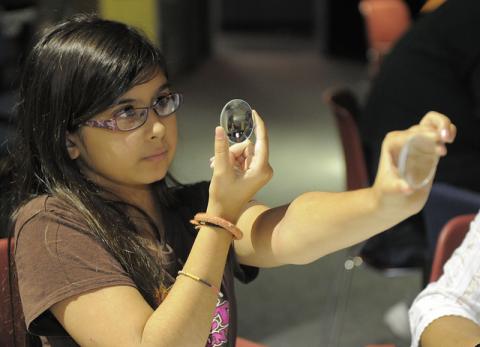From Science-in-society (SiS) to Science with and for Society (SwafS) in epidemics & pandemics

There are times when science seems to be losing its connection to society and its needs, and its objectives are not fully understood, even if they are well intended. The lack of a common language on one hand and the rapid progress in many areas of research on another have increased the public's concern. It is also contributing to the ambivalence surrounding the role that science and technology are playing in everyday life. However, science and scientists cannot and should not work in isolation, and advances in science and technology are not an objective in their own right.
On 4 December 2001, the European Commission published a Communication setting out the Science and Society Action Plan, which was based on a staff working paper of November 2000, titled 'Science, Society and the Citizen in Europe'. These documents were followed by a resolution by MS research ministers to bring science and society closer, working both at national and EU level. Since 2002, every year the European Commission has committed resources into making science more attractive (notably to young people), raising the appetite of society for innovation, and opening up further research and innovation activities. A number of EU projects have been developed and realized in the Framework Programme (FP) 6 with budget of 80 million euros, expanding to 330 million euros in FP7. It continues into the Science with and for Societ (SwafS) and Responsible Research and Innovation (RRI) themes in Horizon 2020 (2014-2020), which is a cross-cutting issue, with a budget of 462,2 million euros.
SwafS, in particular as regards epidemics and pandemic,s is an extremely interesting although less developed area of Science in Society (SiS). In times of public health (PH) crises such as in the event of outbreaks, epidemics or pandemics, a number of SwafS issues may prove critical for the response and the control of an outbreak. The effect of a pathogen on a specific population or gender (e.g. pregnant women with A(H1N1)pdm09 or currently with Zika virus), priorities in immunization, or even the need to enforce quarantine in some cases, are only few of the scientific issues that need to be well understood by the society. This is essential in order to ensure compliance by the public and the successful control of an outbreak.
Within ASSET project, the current scientific paper series aims to present and discuss various such issues in the form of an open access scientific quarterly newsletter. Experts in the ASSET consortium as well as invited authors will describe in the form of short communications the various issues related to SiS and epidemics/pandemics.
Athena Linos
Professor, Medical School, University of Athens
Professor & Chair of Dept. of Hygiene, Epidemiology & Medical Statistics, Athens Medical School
President of the Institute of Preventive Medicine Environmental and Occupational Health, Prolepsis
References
DG- Research and Innovation, SWAFS http://ec.europa.eu/research/swafs/index.cfm?pg=home
http://ec.europa.eu/research/swafs/pdf/pub_public_engagement/ss_en.pdf
